Due mainly to the ever-changing environment, society and technological advancements, the way of life of younger generation and their families have greatly changed compared to the past.
According to the article of Nature Deficit Disorder published in Last Child in the Woods book written by Richard Louv, the lifestyle of younger generation is likely to disconnect from nature.
The disconnection from nature of children gives rise to many problems when they grow up, for example emotional problem, behavioural problem, lack of generosity, and many more, although there are no clear terms indicating that such behaviour is childhood psychiatric disorders. The causes of these problems are that modern-day parents spend less time with their children, protect them and worry too much about danger. These make them lose opportunities to learn how to depend on themselves, to do outdoor activities and to spend time in nature, for example trekking, bird or animal watching.
Moreover, the rapid advancement of technologies leads to the production of many electronic gadgets which affect the way of people’s daily life, especially younger generation. At present, they usually spend their free time at home playing computer games, surfing the internet on their smartphones, using Facebook or IG or watching TV. They find these activities enjoyable and no need to go out for doing other activities. However, in doctors’ opinions, young children glued to their computer or smartphones all day long experience idleness and lack of enthusiasm, learning inspiration and interaction with other people. They also tend to suffer from obesity or overweight problem because of lack of physical exercise.
The family’s way of life in the era of social media considerably affects the development of children who grow up in urban areas. Young children have less chances of running in a field or experiencing beautiful nature, resulting in the disconnection from nature. Although they learn and use technologies, they miss an opportunity to learn things around them and, most importantly, to realise the value of natural resources and nature. It can be said that the “Generation Me” are intelligent yet miserable and knowledgeable yet unkind. Besides, the environment and safe areas in the city are decreasing, which does not encourage them to spend their time to do outdoor activities.
Therefore, it is important to encourage parents to realise the significance of natural environment and the connection between children and nature. Being surrounded by nature to listen to the chirps of birds and observe differences of trees and other plants while trekking enables children to realise that humans are a part of the greatness of nature. Moreover, young children whose way of life connect with nature will be kind-hearted, merciful, compassionate, thoughtful and imaginative.
Suggestions for parents
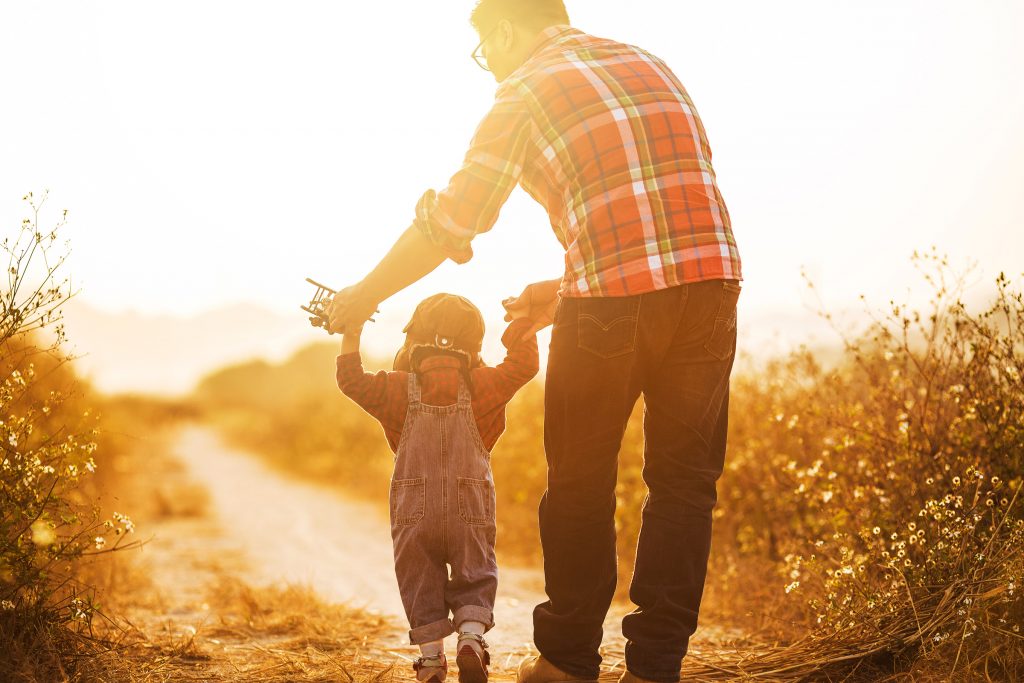
1. When having free time, ask your kids to observe natural phenomena and appreciate their beauty together, for example beautiful sunrise and sunset sky, clouds with many interesting forms lingering in the sky, bright moon and thousands of stars twinkling in the sky at night.
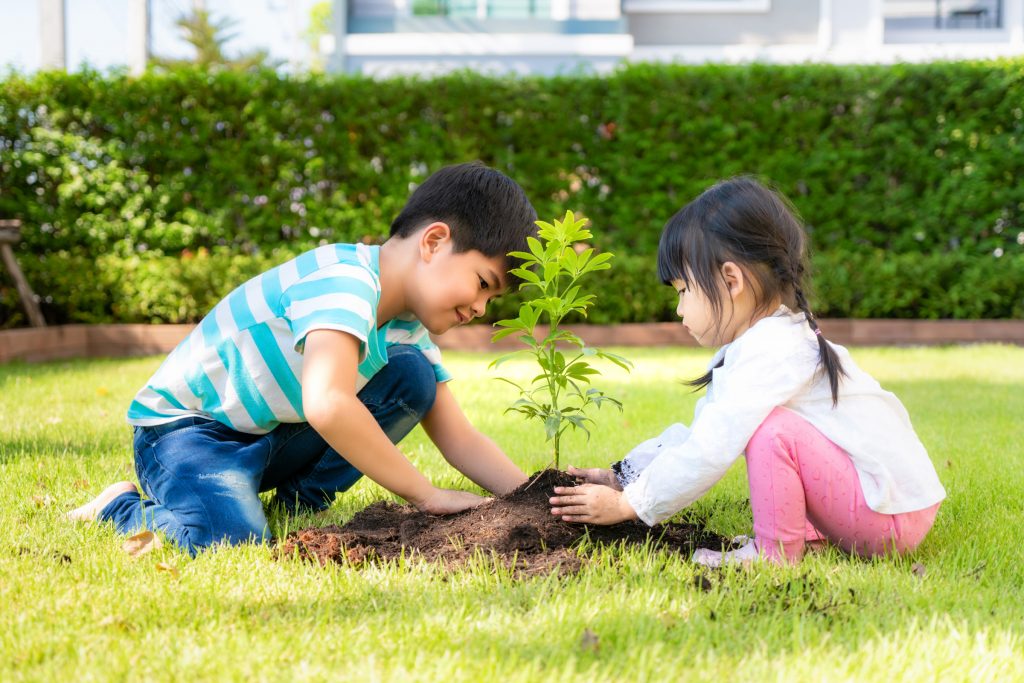
2. Teach your kids to regularly observe nature around them, for example the growth stage of tree or flower, types of trees or flowers, shapes or forms of leaves, trunks, flowers and fruits, etc. When your children are grown-up, let them help you plant trees or flowers in your garden and water them together. This activity not only creates a green space in your house, but also encourage your children to spend their free time.
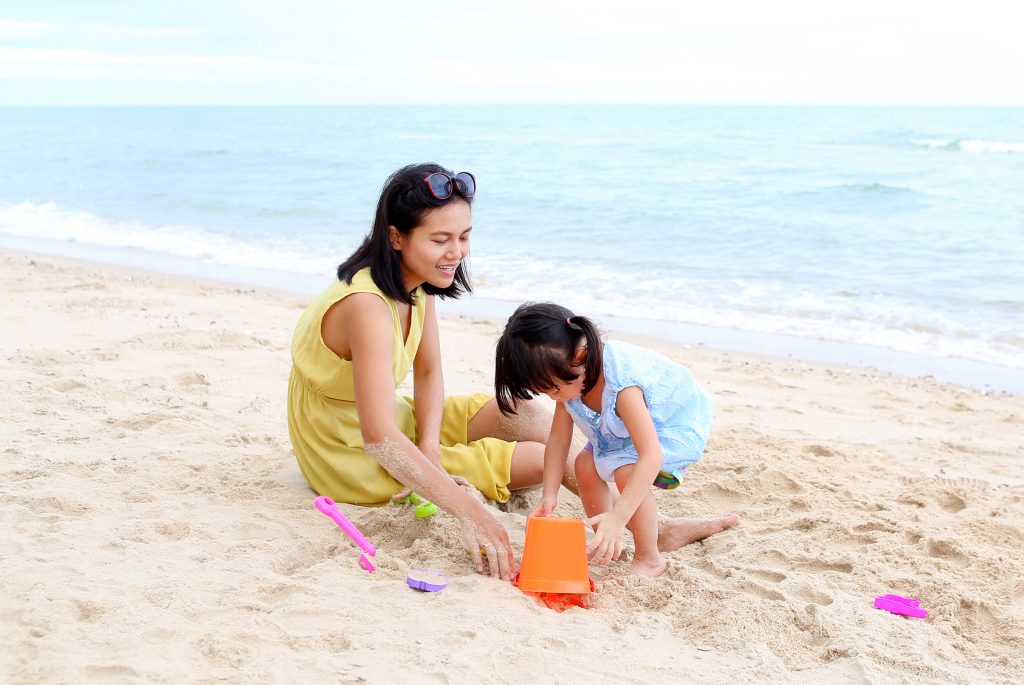
3. Let your children enjoy listening to the soothing sound of nature, for example the chirps of birds, the sound of water flowing through a stream, and the sound of a waterfall or waves. They should be surrounded by nature without using a mobile phone, a television or the internet. The soothing sound makes them feel relaxed and calm.
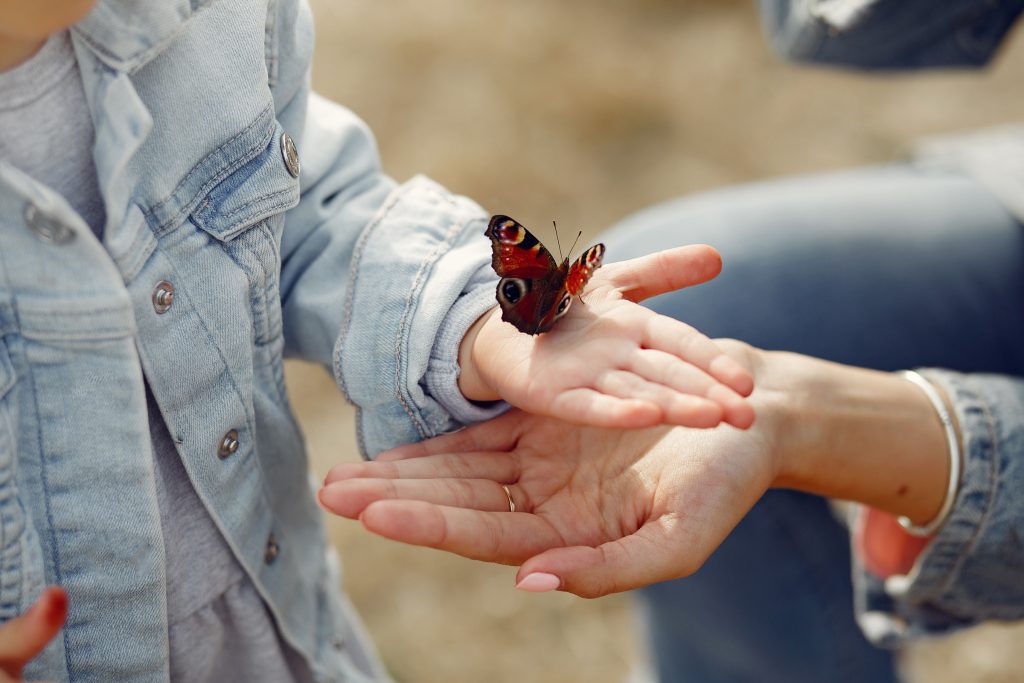
4. Explore the ecology of flora and fauna with your children, for example watching birds, butterflies, insects, worms, frogs or fish living in a mangrove forest to let them understand that there are many lives on the Earth dependent on one another.
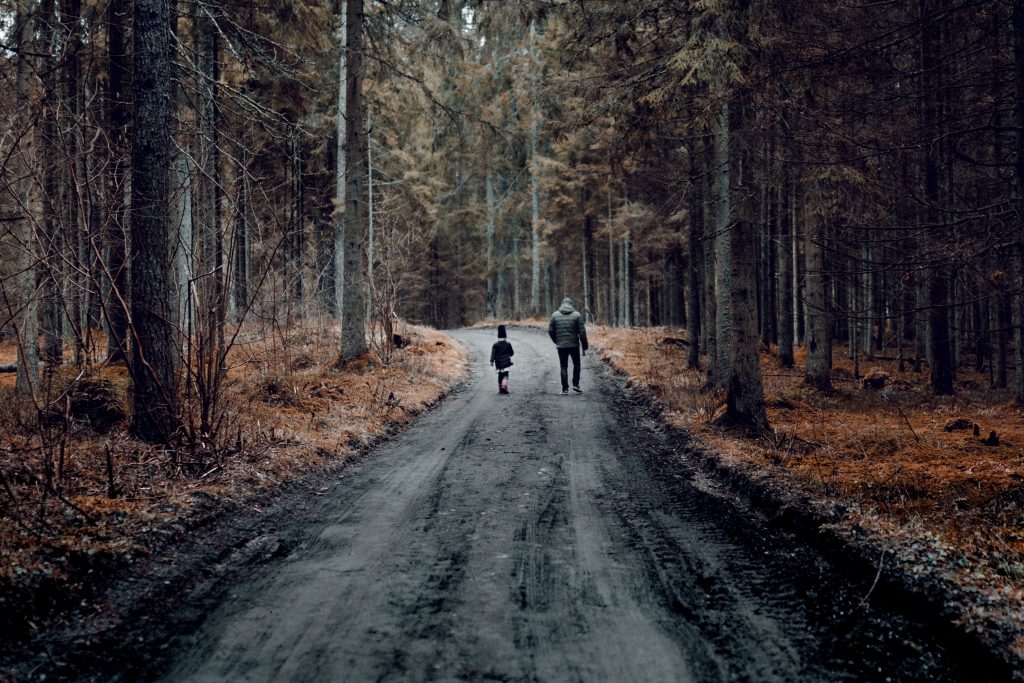
5. Take a trip or do an outdoor activity to let your children be surrounded by the nature, for example going to a park, the seaside or a mountain, enjoying whitewater rafting or experiencing ecotourism during weekends or school break. Or participate in an environmental conservation activity like mangrove reforestation activity.

6. Read books or watch documentaries on domestic and foreign natural environment with your children to let them realise that the difference of each country’s geographical features influences the variation of nature and environment. This allows them to gain new and useful knowledge.
Living things on the Earth are dependent on one another directly and indirectly. The natural environment does not merely belong to human beings. That’s why parents have to let their children be surrounded by the nature and imbue them with awareness regarding the importance of nature and environmental conservation. If they regularly spend time doing activities in the natural environment, they will have fun, develop their thinking to be more creative and thoughtful and become optimistic, kind and calm.

Writer
Patimoke Phromchuay, MD
Child and adolescent psychiatrist

Translator
Nongnuch Maneein
Holding a master’s degree in linguistics from Chulalongkorn University, Nongnuch now works as an editor at Pelangi Publishing (Thailand) Co., Ltd.



No Comments